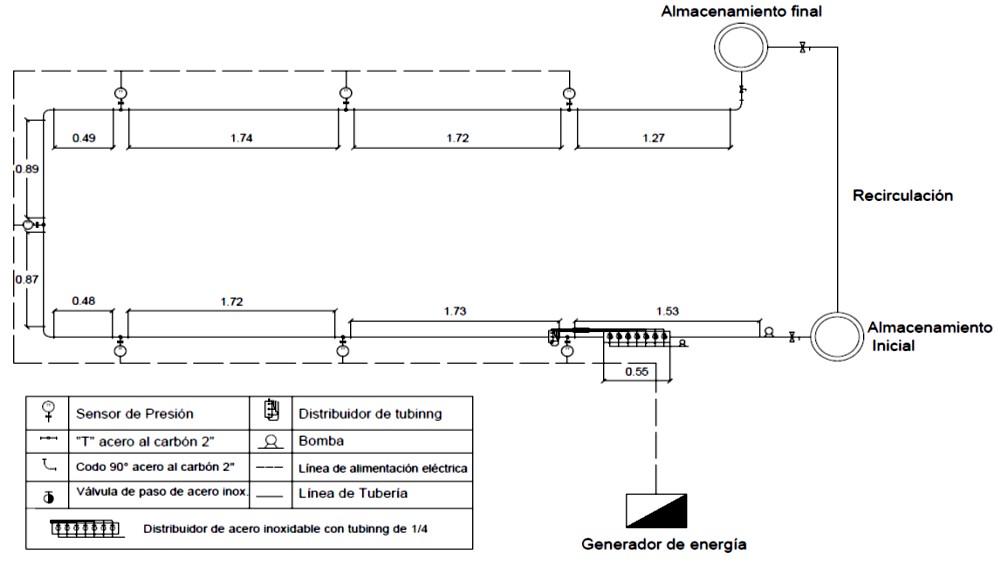 |
|
Sometimes we can find some chemical products that produce changes in crude like viscosity reduction or surface tension modification. Nowadays, when added in minimal amounts, biodiesel with other organic solvents can produce the stabilization of asphaltenes and waxes. Nevertheless, is not always easy to predict the viscosity reduction effect. In this work, we propose a mixing rule to predict the viscosity reduction effect in extra-heavy crude when a viscosity reducing chemical formulation is incorporated. Theoretical model is made based on the viscosity of a suspended solids system. We start with the hypothesis that asphaltenes are present as a group of solids that moves through the fluid in a two-phase flow system, but in a homogeneous way. Analysis of results show a 95% correlationship between experimental data and theoretical model. This novel equation is useful for heavy crude oil, but also light fluids and suspended solids systems.
Keywords: mixing rule, viscosity prediction, heavy crude stabilization, asphaltene agglomeration, flow test.
|
|
 |

